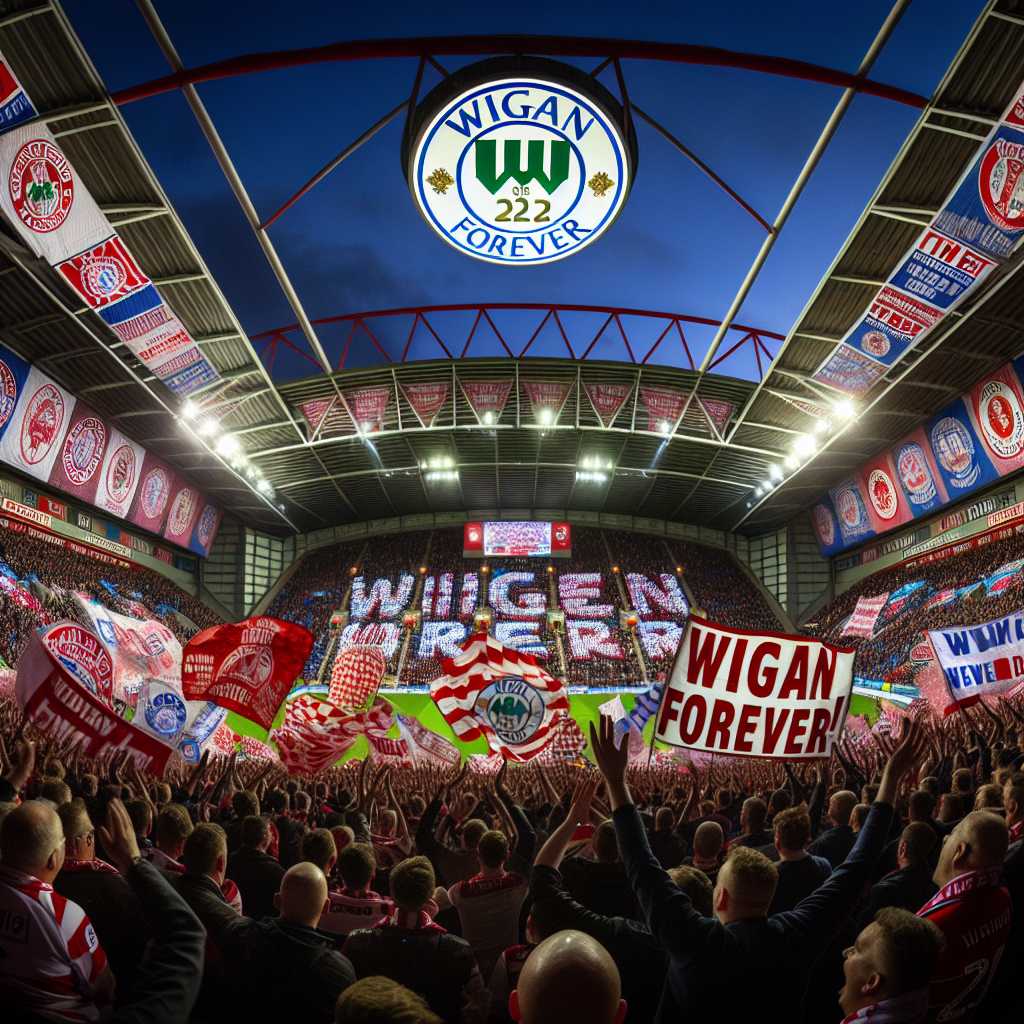# The Legacy and Current State of the Wigan Warriors: A Comprehensive Overview
The Wigan Warriors are not just a professional rugby league team; they are an institution with a heritage deeply ingrained in the history of British rugby league. From their inception to the present day, the Warriors have undergone transformation, faced challenges, and celebrated numerous successes. This article aims to provide a comprehensive overview of the Wigan Warriors, exploring their historic foundations, achievements on the field, impact on the community, and current standing in the world of rugby.
Historical Significance of the Wigan Warriors
The escalation from a local team to a rugby league titan did not occur overnight for the Wigan Warriors. Established in 1872, Wigan Football Club – as they were initially known – became one of the founding members of the Northern Rugby Football Union in 1895, an event that led to the schism with the Rugby Football Union and established what is now known as rugby league.
Through time, the team cemented its standing as one of the most dominant forces within the sport. Wigan’s success over many decades has fortressed their esteemed reputation. Titles and trophies became a hallmark of the club, particularly during their golden era from the mid-1980s to the mid-1990s when they won a record-breaking eight Challenge Cup finals in a row and dominated domestic league competition.
Culture and Identity
Integral to understanding the saga of the Wigan Warriors is grasping their powerful culture and sporting identity. Located in Wigan, Greater Manchester, the community’s identity is interwoven with its beloved team, which has always been symbolic of both town pride and northern England’s passionate embrace of rugby league.
The club’s colors – cherry and white – are emblematic of this profound association between town and team. Embracing each other’s fortunes, successes on the pitch can uplift community spirits while agonizing defeats are collectively mourned. Also noteworthy is their longstanding battle cry – “Wigan Forever!” – signifying an enduring commitment to excellence in all aspects.
Achievements on the Field
Over the years, the prowess demonstrated by Wigan on domestic and international stages has been extraordinary. Their recurrent success has left an indelible mark on rugby league history books — from previously mentioned Challenge Cup victories to numerous Super League titles and World Club Challenge triumphs where they’ve clashed with southern hemisphere titans.
Stellar seasons like that of 1990-1991 underpin such rich heritage, where they achieved an unbeaten run throughout league play — a rarity at such competitive levels. The names associated with such triumphs, including legendary figures like Ellery Hanley, Martin Offiah, and Shaun Edwards, have transcended sports to become household names within British pop culture.
The Fans and Community Impact
The Wigan community’s relationship with its team goes beyond mere support; it is symbolic of a mutualistic partnership. The rousing atmosphere during match days at the DW Stadium — formerly known as Central Park — encapsulates this bond, displaying loyalty that extends much farther than local geography.
It is not uncommon for devoted fans to contribute actively beyond cheering — engaging in volunteer work for the club or participating in charity events benefiting causes within Wigan. Such actions don’t just reflect well on individual contributors but echo throughout the entire fabric making up this illustrious club’s ethos.
Moreover, community initiatives led by the Wigan Warriors Community Foundation exemplify their investment back into local society by promoting health, education, and participation through rugby league values.
The Contemporary Era and Challenges Ahead
Transitioning into contemporary times necessitates a discussion about modernization while honoring traditional foundations upon which such legacies get built. The digital age demands engagement beyond traditional media, with social platforms providing new means of interaction between players and supporters alike.
However rare it might appear in this transient sports landscape, despite leadership changes or fluctuating performance levels, there’s been a constant undercurrent of robustness tethered to primary Warrior ethos — adaptability threaded through continuity.
Challenges present themselves inevitably; whether administrative restructurings or grappling with unforeseen external forces like economic recessions or global pandemics destabilizing organizational bedrocks but the club endeavors unwaveringly with reconstructions often leading to rejuvenations.
